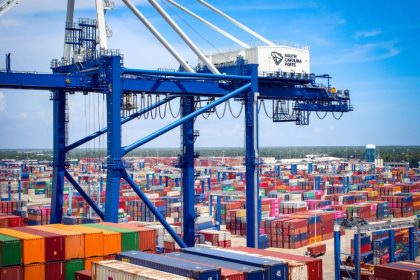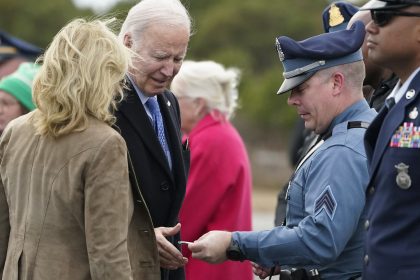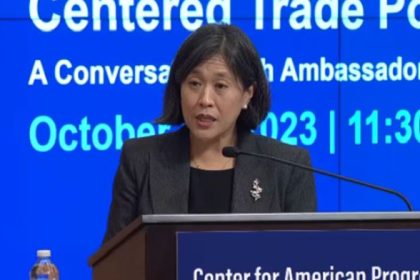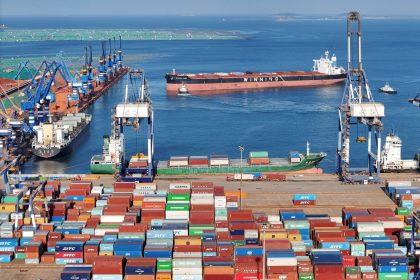White House to Lift Steel, Aluminum Tariffs on Canada, Mexico
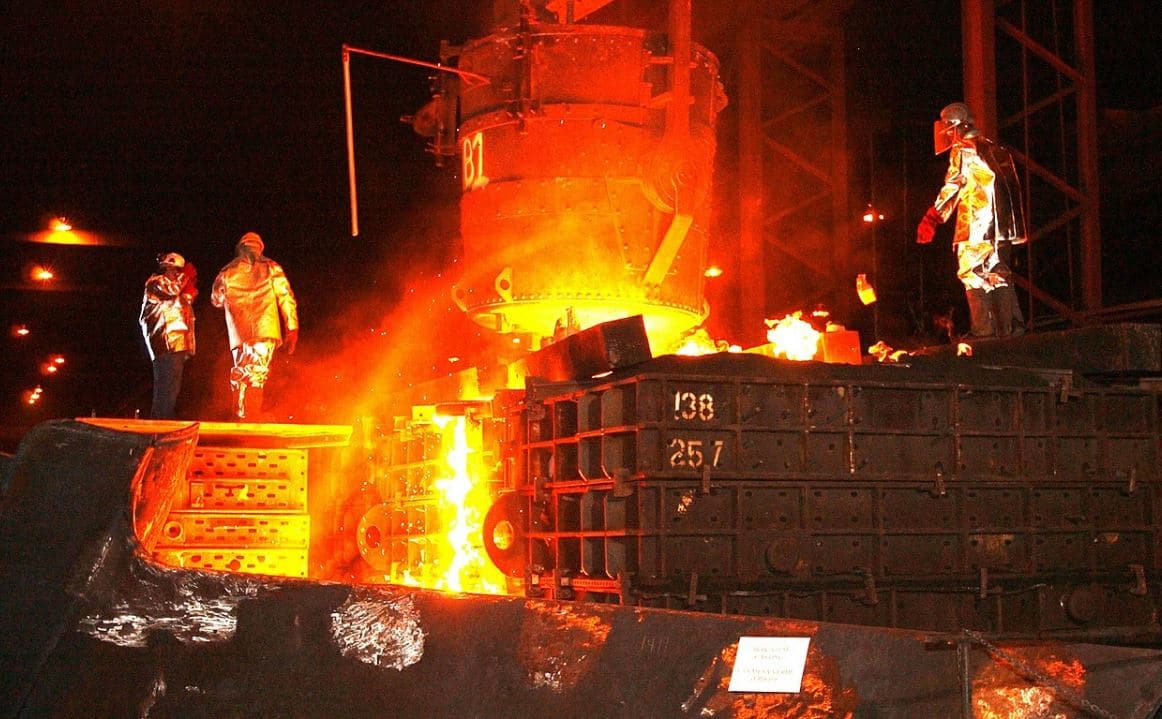
President Donald Trump revealed Friday that his administration has reached an agreement with Canada and Mexico to lift tariffs on steel and aluminum, ending a standoff that threatened to derail ratification of the president’s new North American trade agreement.
Speaking before the National Association of Retailers in Washington, D.C. Friday morning, the president said, “I’m pleased to announce we’ve just reached agreement with Canada and Mexico. We’ll be selling our product into those countries without the imposition of tariffs.”
He went on to say the deal “is going to be a fantastic deal for our country.”
“Hopefully Congress will approve the USMCA quickly and then the great farmers, and manufacturers and steel plants will make our economy even more successful than it already is, if that’s possible,” the president said.
The USMCA is the United States Mexico Canada trade agreement that Trump wants to replace the two-decade old NAFTA agreement.
In a joint statement Friday afternoon, the Canadian government said that the two countries had reached an agreement for American tariffs to be lifted on Canadian steel and aluminum imports by Sunday, and that Canada would lift retaliatory tariffs at the same time.
Instead of tariffs, the nations would set up a system for monitoring and enforcement in case of import “surges.”
“In the event that imports of aluminum or steel products surge meaningfully beyond historic volumes of trade over a period of time, with consideration of market share, the importing country may request consultations with the exporting country,” the statement says.
“After such consultations, the importing party may impose duties of 25 percent for steel and 10 percent for aluminum in respect to the individual product(s) where the surge took place,” the statement continues. “If the importing party takes such action, the exporting country agrees to retaliate only in the affected sector.”
Agriculture and business groups had been pushing for the lifting of the steel and aluminum tariffs for months, arguing that retaliatory measures Canada and Mexico imposed on their products were causing unnecessary pain for farmers, ranchers and small businesses in the U.S.
The decision to ease the 25 percent tariffs on steel and 10 percent tariffs on aluminum comes on the heels of the White House announcing a six-month delay in determining whether to impose levies on foreign automobiles.

















